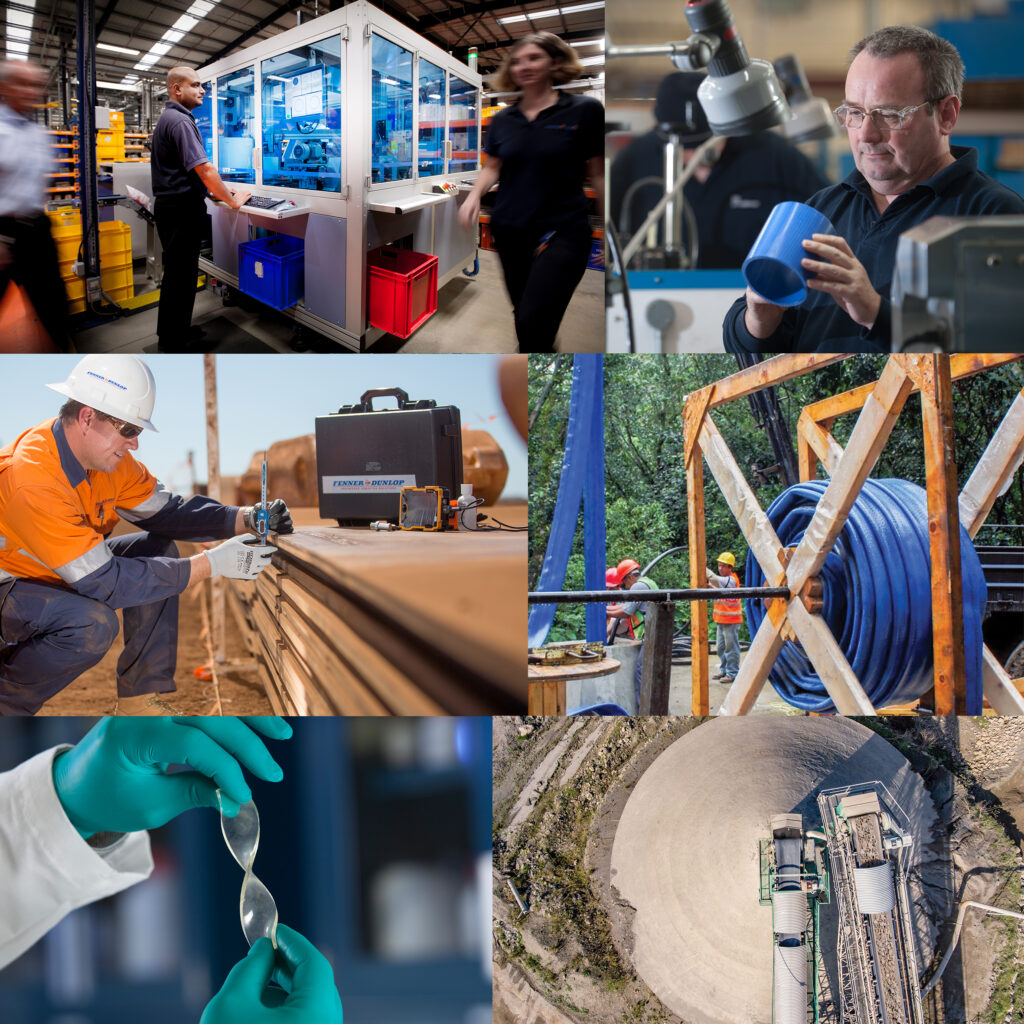150 Years of History
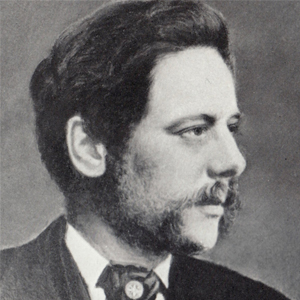
1861
The Fenner Group was founded in 1861 by Joseph Henry Fenner and located at 21½ Bishop Lane in Hull, England.
THE EARLY YEARS
Fenner’s principal products were leather belting for use in power transmission, lacing and hoses.
Fenner moved to Marfleet, at that time a small village outside Hull; this remains one of Fenner’s principal UK manufacturing locations. By the 1890s, the Company was exporting its products widely across Europe and into India and the Far East.
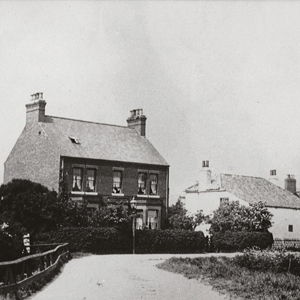
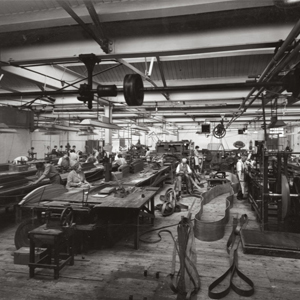
EARLY 20th CENTURY
Fenner’s international reputation resulted in export markets representing an increasing proportion of its sales, so that, immediately prior to the First World War, export markets accounted for over 70 per cent of sales.
After WW1, Fenner made many technological developments and established its technical leadership in textiles, particularly as reinforcements for its rubber products.
1937
Fenner became a Public Company with share capital of £250,000.
Fenner was continuously quoted on the London Stock Exchange until June 2018,
a period of over 80 years.
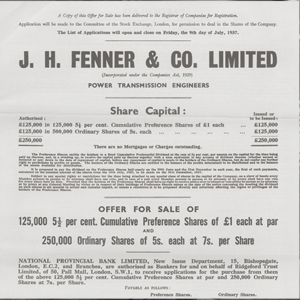
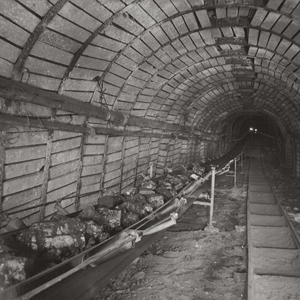
POST WW2
Fener’s expertise in reinforced polymers was recognized when, following a tragic colliery fire, the National Coal Board asked Fenner to develop a fire-resistant belt. That belt and its successor products became, and continue to be, a world standard in underground coal mining.
The 1950s also saw Fenner expand on a worldwide basis establishing companies in Australia, South Africa and India. This was followed by the Group’s first acquisition in the USA in 1970.
1980’S/1990’S
Alongside its increasing global reputation in conveyor belting, Fenner continued to develop product areas which made use of its knowledge of polymeric materials together with its product, application and manufacturing expertise; these areas included power transmission which remains an important part of Fenner Drives and Fenner Precision.
During the 1990s, Fenner made a series of acquisitions and disposals which resulted in its activities being focused on reinforced polymer products; these were contained within two divisions, being Engineered Conveyor Solutions (Fenner’s conveyor belting business) and Advanced Engineered Products, a grouping of specialist component businesses.
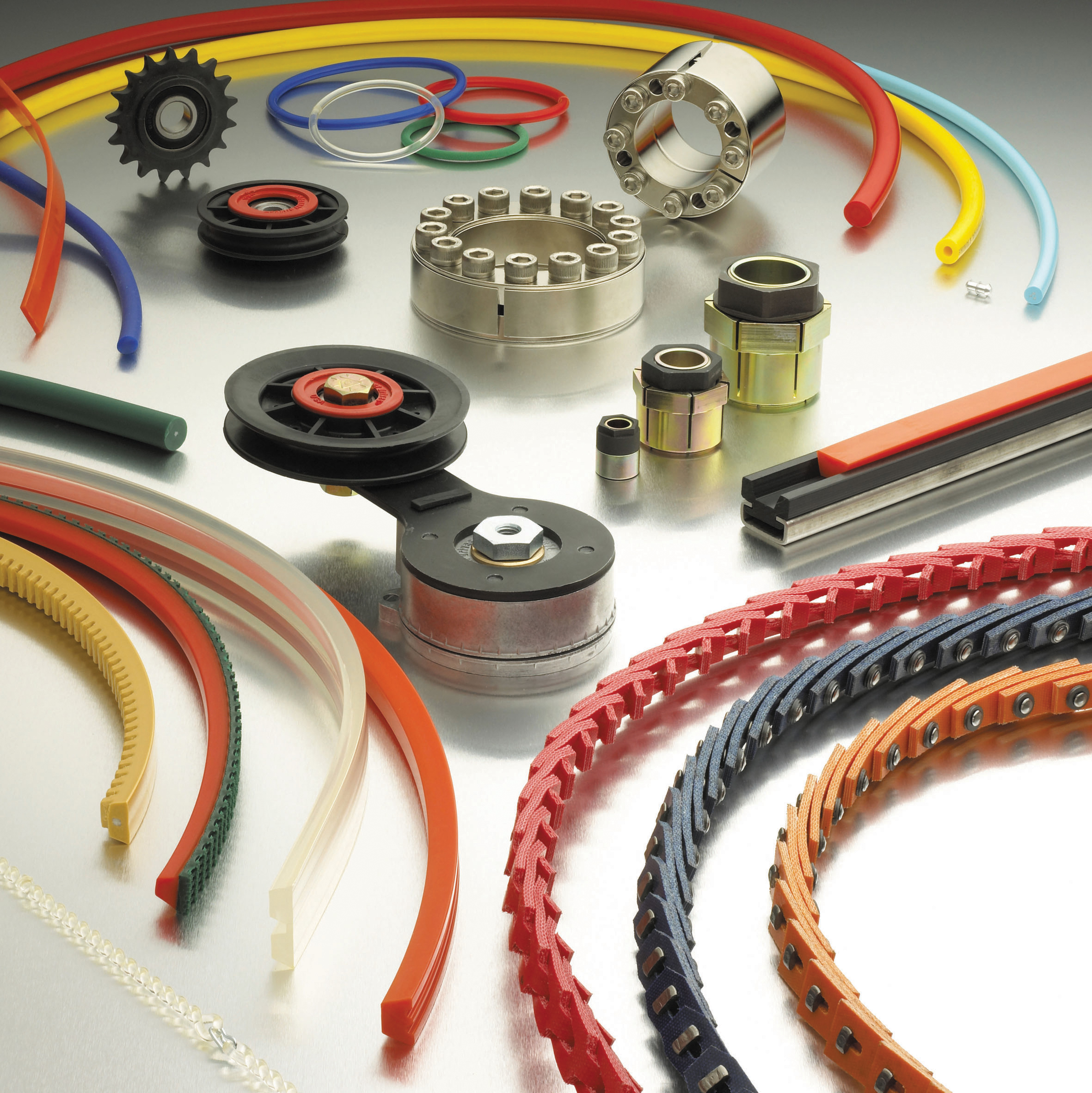
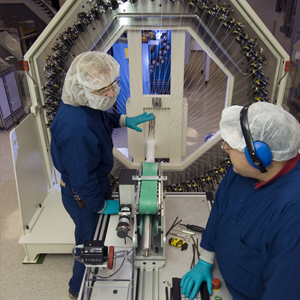
2000’s
Engineered Conveyor Solutions saw continued growth through acquisition and organically; new plants were constructed, most particularly to serve the iron ore industry in Australia, and existing plants were extended and modernised. The conveyor service offering was also increased. As a result, Engineered Conveyor Solutions became a world leader in heavyweight conveyor belting which it remains to this day.
Advanced Engineered Products increased its focus on the design and manufacture of high value-added polymer components. AEP achieved significant growth organically and through acquisitions, including Wellington Holdings (in 2005), which significantly increased Fenner’s presence in the oil & gas industry, and of Secant Medical (in 2008), which gave it an entry to the medical products industry.
TODAY
Fenner is part of the Michelin group of companies, headquartered in Clermont-Ferrand, France; the terms of the acquisition, which became effective on 31 May 2018, valued Fenner at some £1.3 billion.
